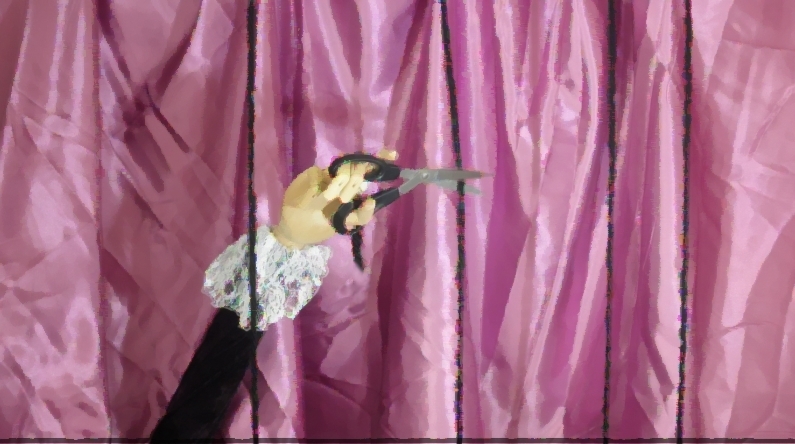Imagine a small island upon which are 100 castaways. They are strangers to each other and were all shipwrecked at the same time. They can each scrounge enough food and water to live on but not much more.
How might their societal structure develop?
The initial situation is anarchy. Not necessarily a bad thing. There is simply no authority. Each person on the island is equal to the others and nobody is in charge. Alas, utopias cannot last. Sooner or later the more physically powerful and selfish will begin to take resources from their weaker and less assertive companions.
Now we have criminals.
The victims will soon learn to form into groups for mutual defense.
Now we have police.
These groups will sort themselves into hierarchies according to their intelligence and the drive for status of their members.
Now we have government.
The government will create projects to make life easier for the inhabitants (or at least for themselves). This will require a portion of the inhabitants resources.
Now we have taxes.
Et cetera…
I am writing this in response to a friend of mine who is an enthusiastic advocate of anarchy as being the ultimate form of government. Idealism can be a good thing but if it is not tempered by experience and observation, it can lead to large-scale disasters. Communism for example, sounds good in theory and would be a great way to govern a society of angels. As we have seen however, humans are incapable of wielding power without falling into the temptation to accumulate wealth and to manipulate the system for their own ends.
I can imagine a society where children are taught from the very beginning the value of love and kindness to others. Where friendship and compassion and service to others is instilled at an early age as the very foundation of a just and happy society. Where the sharing of resources is…
Ah, never mind.

